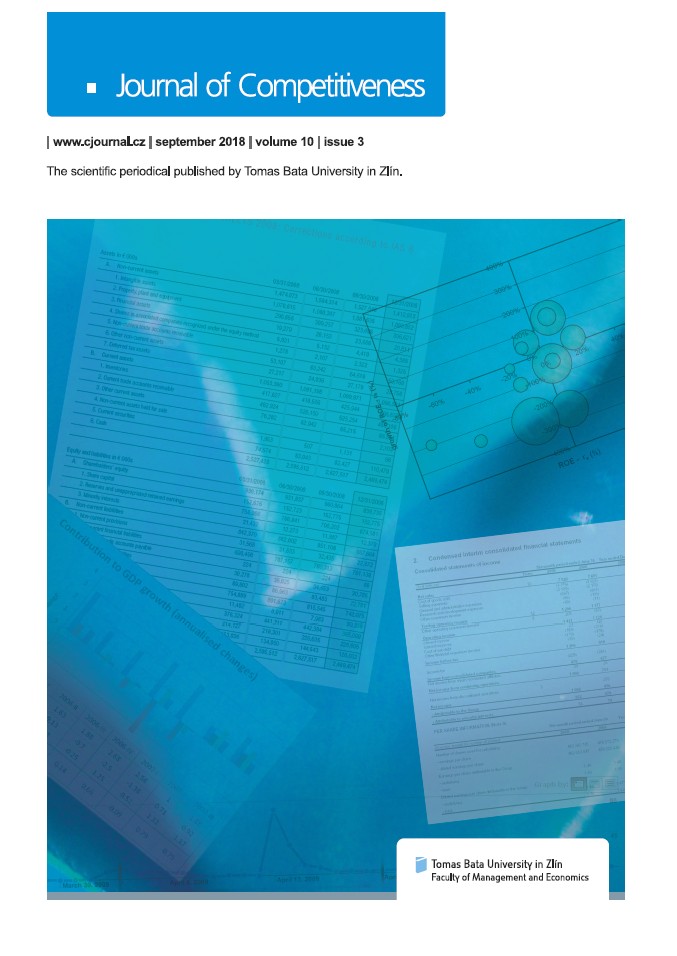治理质量、企业家精神与经济增长
IF 4.4
1区 管理学
Q2 BUSINESS
引用次数: 18
摘要
治理是影响新创业活动和经济增长的一个因素。然而,治理的有效性取决于一个国家的发展水平和创业动机。本研究的主要目标是利用全球创业监测(GEM)数据,并应用三阶段最小二乘(3SLS)回归研究2010-2018年间64个国家的六个治理指标对创业-增长关系的影响。此外,本文还描述了治理指标的影响是否因国家的发展阶段而异。结果表明,企业家精神和治理指标对经济增长有显著影响。然而,根据国家的发展阶段,国家之间这种关系的程度和性质可能会产生重大差异。具体而言,研究结果表明,企业家精神在创新驱动型国家能够促进经济增长,而在要素驱动型和效率驱动型国家则不能促进经济增长。特别是,研究结果表明,机会驱动型创业(ODE)与创新驱动型国家的经济增长仅呈正相关。相反,需求驱动型创业(NDE)与要素驱动型和效率驱动型国家的经济增长呈负相关。此外,调查结果表明,治理质量指标有助于三组国家的创业活动。本研究从理论角度(利用善治作为企业家精神和增长之间的中介)和实践角度(为提高治理质量以促进企业家精神和经济增长提供见解)对文献做出了贡献。本文章由计算机程序翻译,如有差异,请以英文原文为准。
Governance Quality, Entrepreneurship and Economic Growth
Governance is a factor that affects new entrepreneurial activities and economic growth. However, the effectiveness of governance will vary depending on a country’s development level and entrepreneurial motivation. The main goal of this study is to use global entrepreneurship monitor (GEM) data and to apply a three-stage least squares (3SLS) regression to investigate the impact of six governance indicators on the entrepreneurship-growth nexus in 64 countries during 2010-2018. In addition, this paper describes whether the impact of governance indicators varies according to the country’s development stage. The results show that entrepreneurship and governance indicators have a significant impact on economic growth. However, depending on the development stage of the country, major differences can arise regarding the degree and nature of this relationship among countries. Specifically, the results show that entrepreneurship can promote economic growth in innovation-driven countries, but it cannot promote economic growth in factor- and efficiency-driven countries. In particular, the results show that opportunitydriven entrepreneurship (ODE) is only positively correlated with the economic growth of innovation-driven countries. In contrast, necessity-driven entrepreneurship (NDE) is negatively correlated with the economic growth of factor- and efficiency-driven countries. In addition, the survey results show that governance quality indicators contribute to entrepreneurial activities in the three groups of countries examined. This research contributes to the literature from a theoretical perspective (the use of good governance as an intermediary between entrepreneurship and growth) and a practical perspective (providing insights to improve the quality of governance to promote entrepreneurship and economic growth).
求助全文
通过发布文献求助,成功后即可免费获取论文全文。
去求助
来源期刊

Journal of Competitiveness
Multiple-
CiteScore
11.30
自引率
2.70%
发文量
33
审稿时长
12 weeks
期刊介绍:
The Journal of Competitiveness, a scientific periodical published by the Faculty of Management and Economics of Tomas Bata University in Zlín in collaboration with publishing partners, presents the findings of basic and applied economic research conducted by both domestic and international scholars in the English language.
Focusing on economics, finance, and management, the Journal of Competitiveness is dedicated to publishing original scientific articles.
Published four times a year in both print and electronic formats, the journal follows a rigorous peer-review process with each contribution reviewed by two independent reviewers. Only scientific articles are considered for publication, while other types of papers such as informative articles, editorial materials, corrections, abstracts, or résumés are not included.
 求助内容:
求助内容: 应助结果提醒方式:
应助结果提醒方式:


